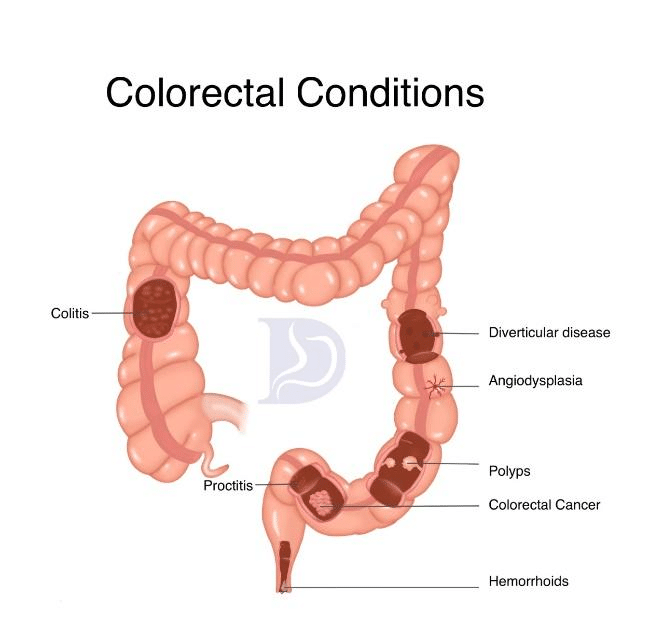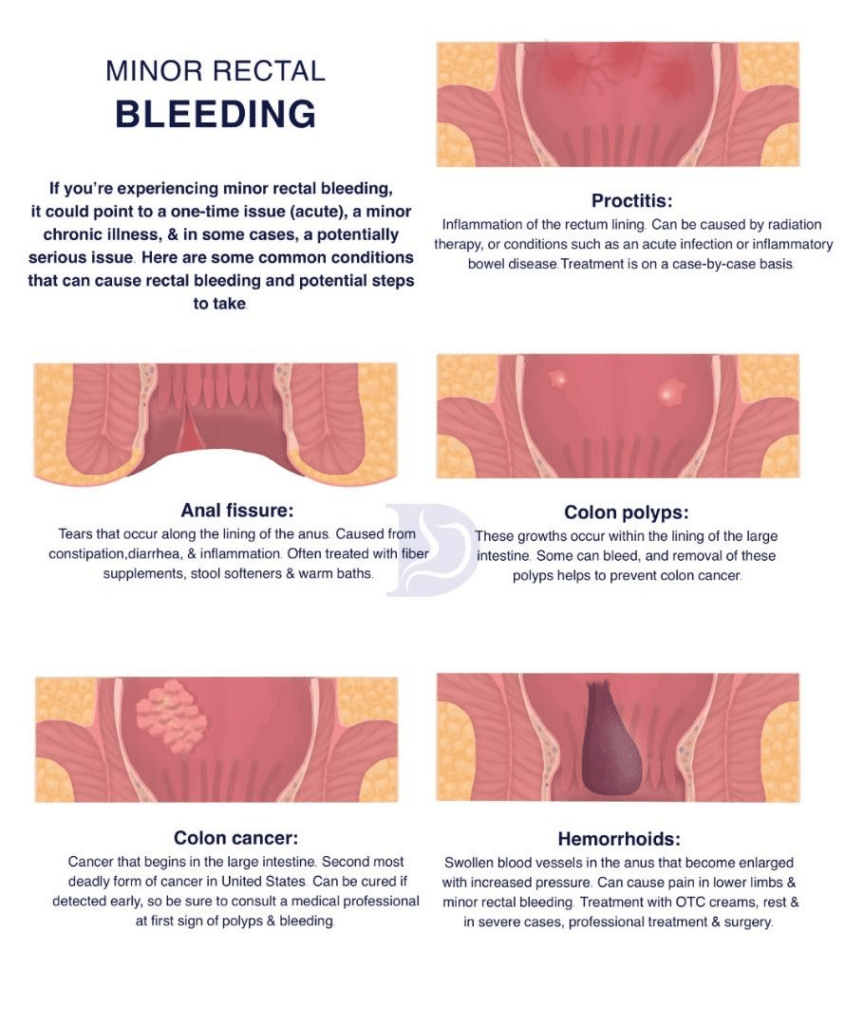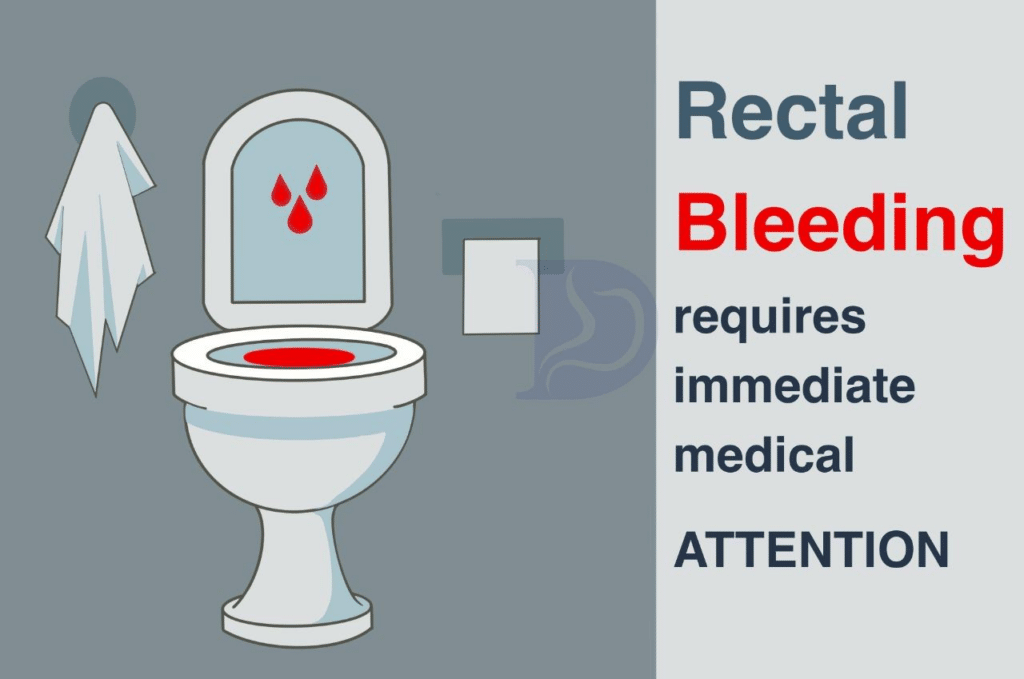Polyps are small growths of cells within the colon lining that resemble small mushrooms or domes in shape and size.

Though not all colon polyps lead to cancer, larger polyps have an increased chance of becoming cancerous over time. Benign polyps can be adenomatous or serrated and can become cancerous over time. These polyps can be removed during a colonoscopy procedure.
Colon Polyps and Cancer
Colon polyps and cancer can develop for a number of reasons. Hereditary factors play a major role in their formation. Individuals lacking genes that protect against colon polyps are more prone to them. Other contributors to colon polyps and cancer include smoking, lack of exercise, obesity, and opting for processed foods over plant-based ones in the diet. Additional factors include genetic changes to colon cell linings as well as African ethnicity.

Prevention of Colon Polyps and Cancer
Adopting a healthy lifestyle and diet are two crucial ways of preventing colon polyps and mitigating their symptoms, and may reduce their severity as well. Diet is second only to genetics when it comes to restricting colon polyp development. Adding yellow, green and red fruits and vegetables such as oranges, peppers, strawberries and carrots to your diet has proven effective at combating colon polyps thanks to their powerful antioxidant properties. Cruciferous vegetables such as cabbage, broccoli and Brussels sprouts contain cancer-fighting compounds that may provide some protection from colon polyps and cancer.
According to research studies, taking 400 mg daily of folic acid and folate may offer some protection from colon polyps. Avoid eating meats and saturated fats as these may contribute to colon polyps and cancer development. A diet high in fiber is beneficial in maintaining a healthy colon environment and may also reduce the risk of forming colon polyps. Calcium can be found in milk, dairy products, seafood, shellfish and leafy green vegetables and is essential to bone health and may also help prevent excessive polyp growth in the colon.

Lifestyle Changes
Lifestyle modifications are key in order to lower the risks of colon polyps and cancer. These may include cutting down on alcohol and tobacco consumption, maintaining a healthy weight through regular aerobic activities such as running or biking, eating at least 3-5 servings of natural fruits and vegetables daily, limiting consumption of processed meats, as well as considering taking low dose aspirin daily which has shown promise in decreasing colorectal polyps. Your healthcare team at Digestive & Liver Health Specialists will discuss these options during your visit.

